This one is about environment.
-
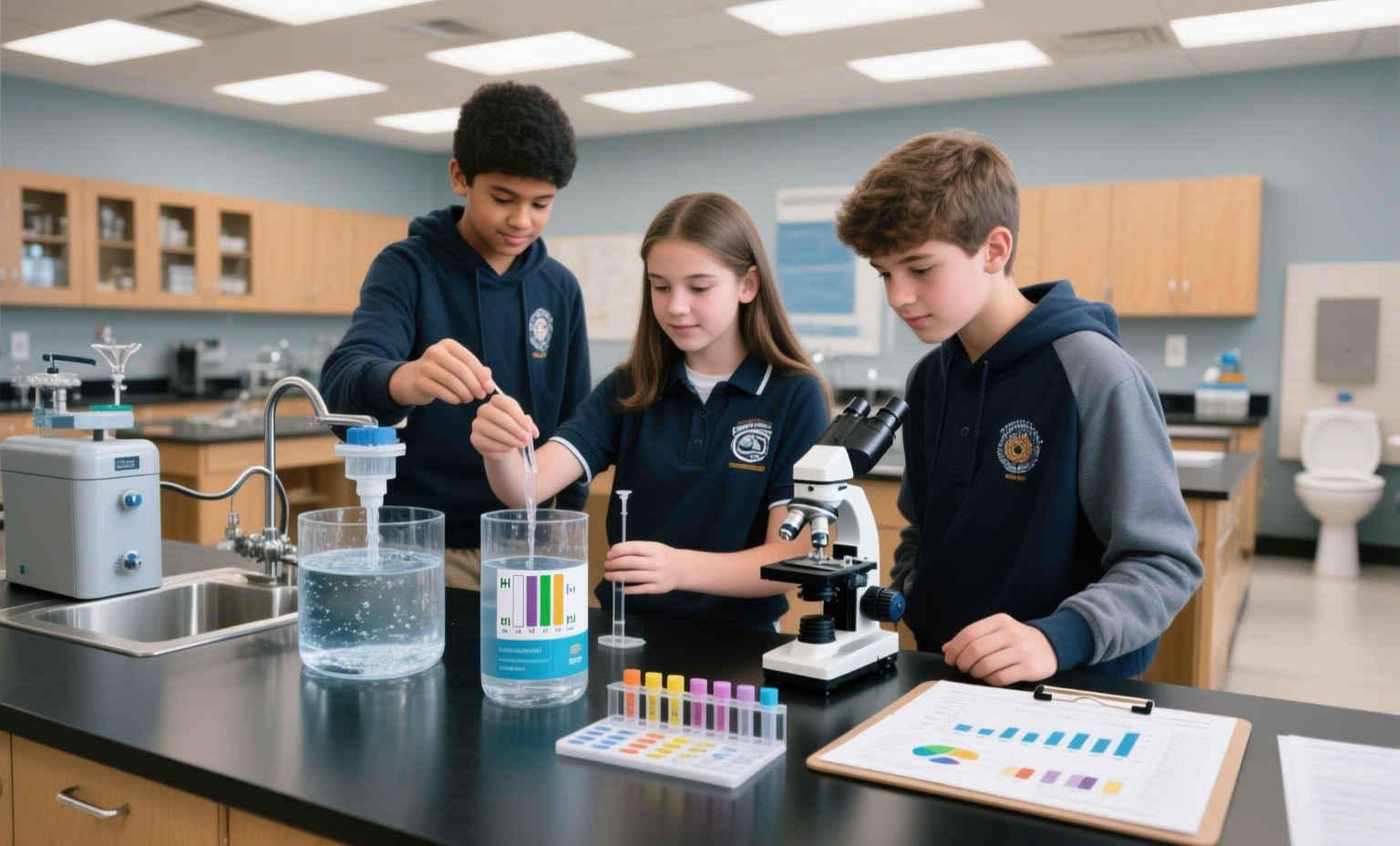
School water systems as science labs: Testing, treating, and learning from campus water quality issues
Imagine a science classroom where every faucet, drinking fountain, and water pipe becomes a gateway to authentic scientific discovery. Picture students developing genuine expertise in chemistry, environmental science, and public health while simultaneously ensuring their own school community’s water safety. This isn’t a futuristic educational vision – it represents the transformative potential that emerges when…
-
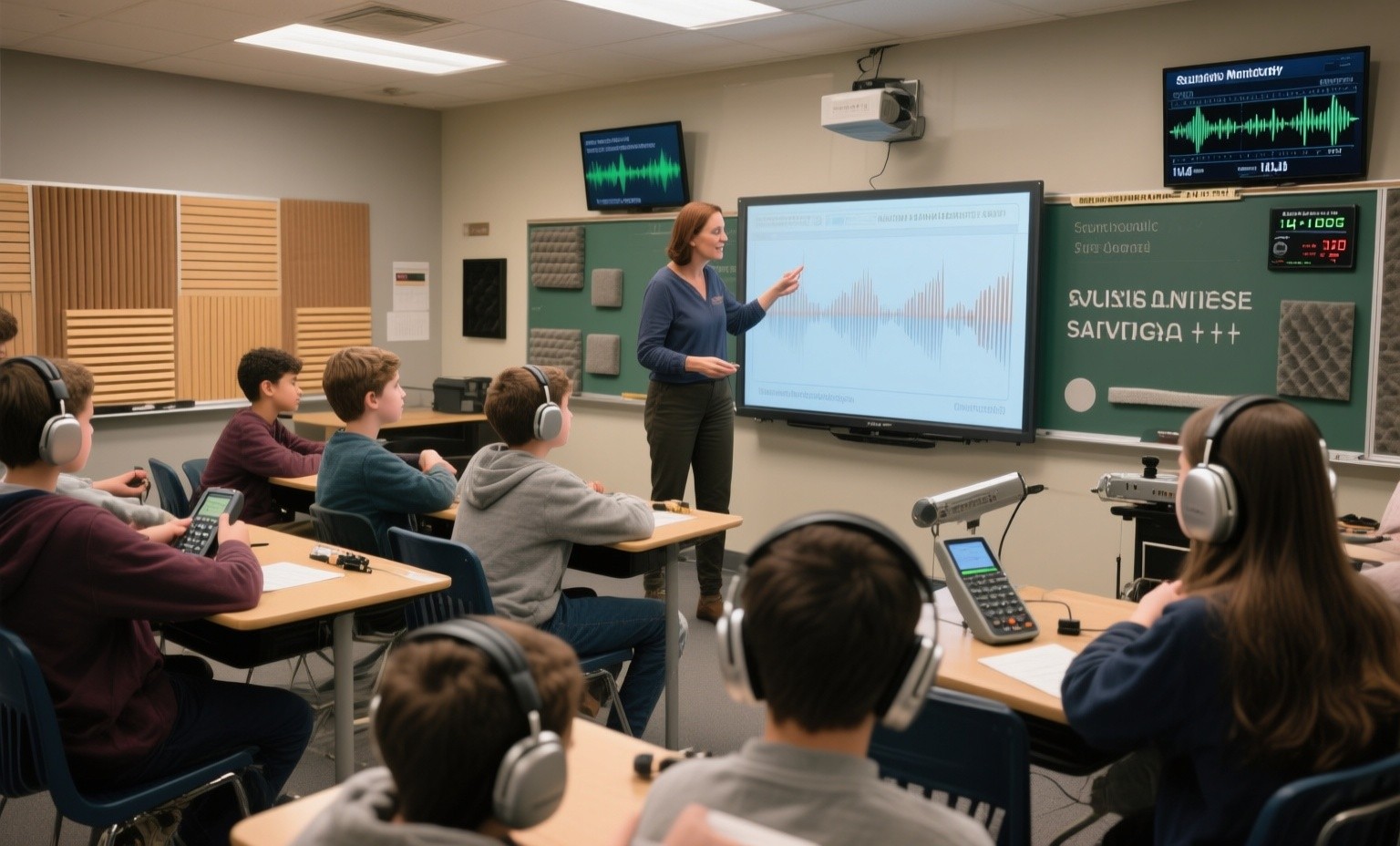
The noise pollution classroom: How sound environmental design improves focus and teaches acoustic ecology
Picture this extraordinary moment: a student sits in perfect concentration, absorbing complex mathematical concepts with remarkable clarity while simultaneously developing an intuitive understanding of how sound shapes human experience. This isn’t a fantasy scenario from an idealized educational utopia – it represents the transformative potential that emerges when schools recognize sound as both a fundamental…
-
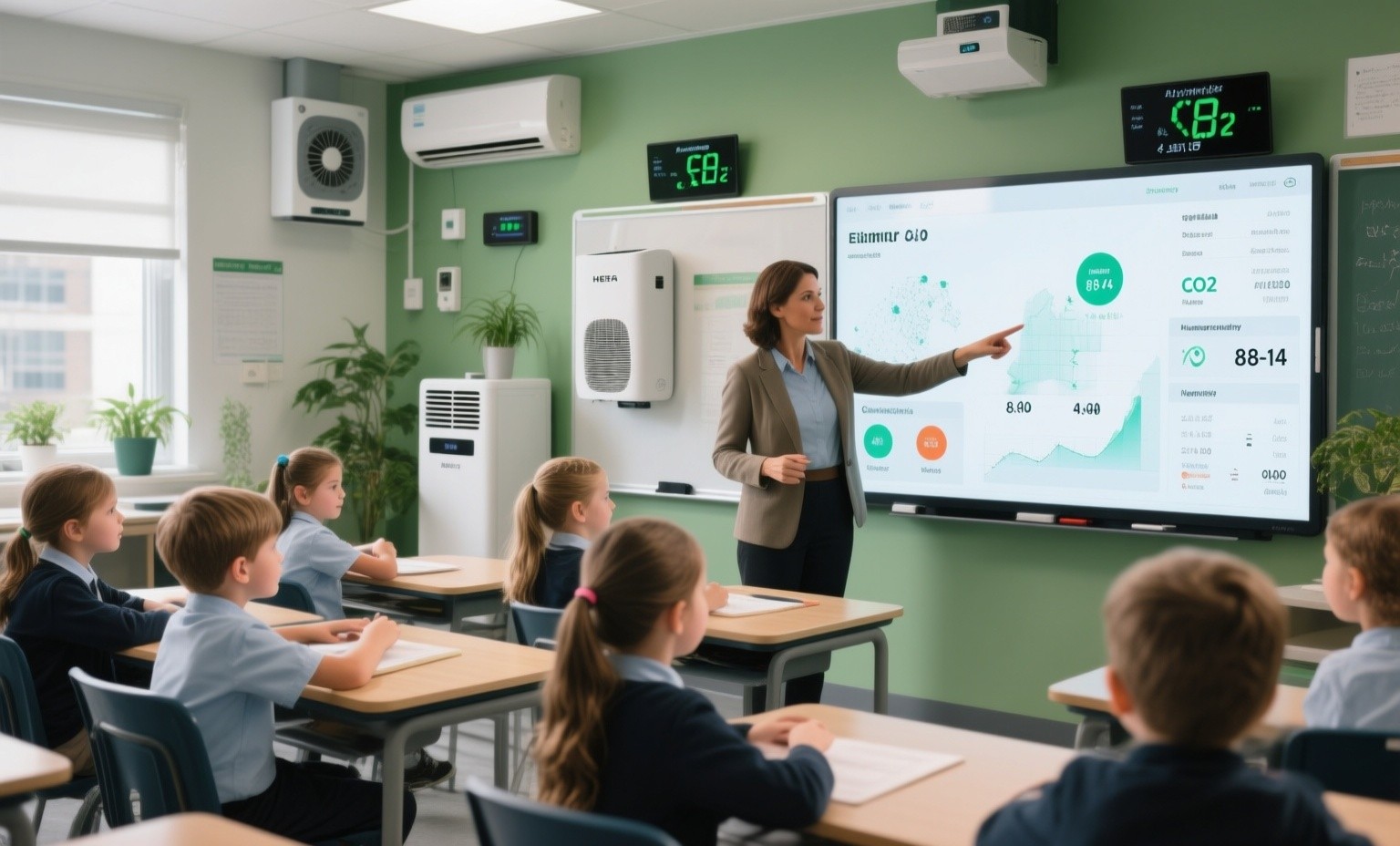
Indoor Air Quality and Learning Performance: How Clean Classrooms Boost Student Achievement and Environmental Awareness
Imagine walking into a classroom where students are alert, engaged, and performing at their peak potential. Now imagine another classroom where students seem sluggish, struggle to concentrate, and frequently miss school due to illness. The difference between these two learning environments might surprise you – it often comes down to something as fundamental as the…
-
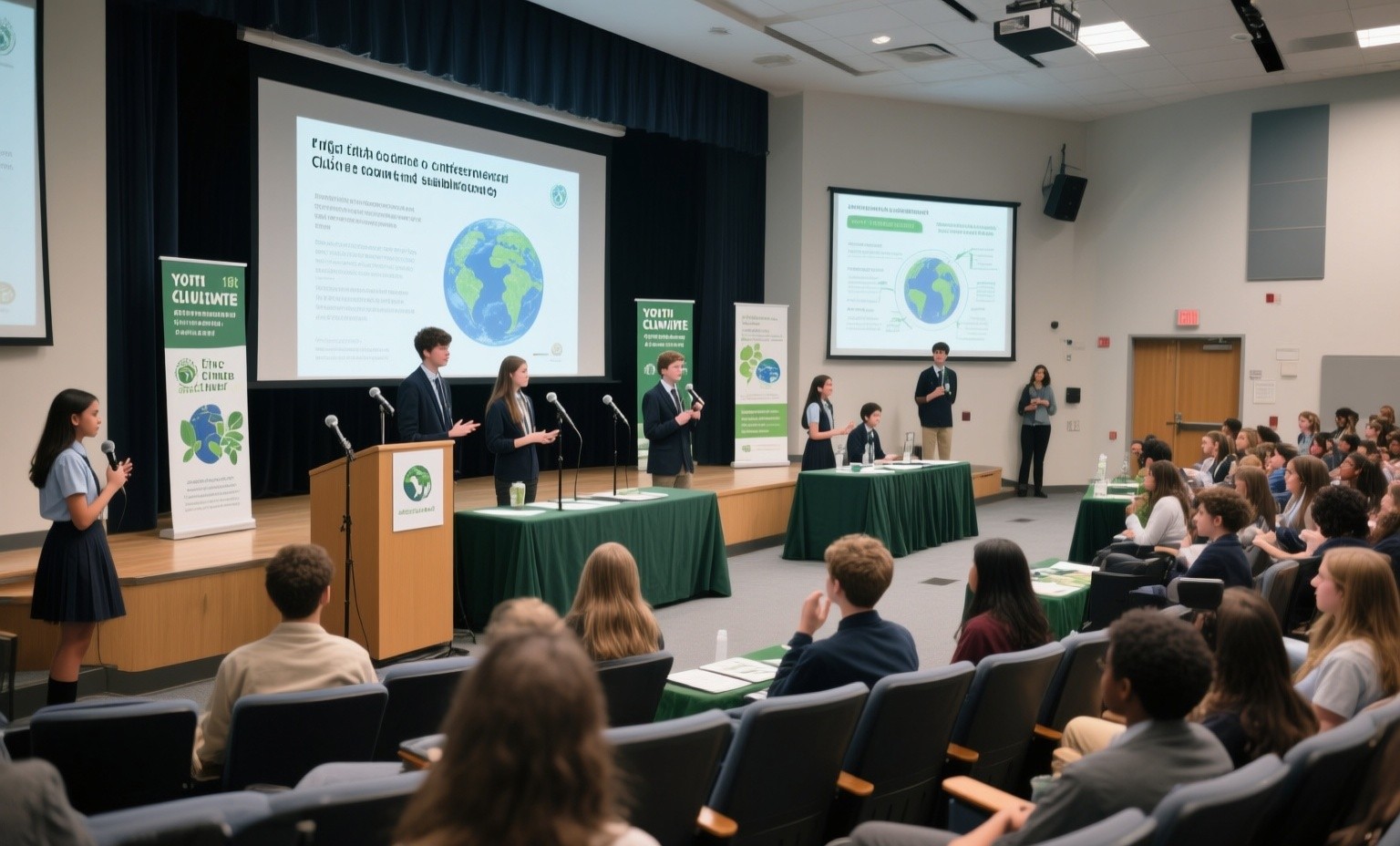
Youth climate conferences: how student-organized environmental events build leadership and communication skills
Picture a seventeen-year-old student standing at a podium, addressing a mixed audience of peers, environmental scientists, government officials, and community activists about climate policy recommendations developed through months of research and deliberation. Her voice carries the confidence of someone who has learned to navigate complex conversations with adults who initially questioned whether young people could…
-
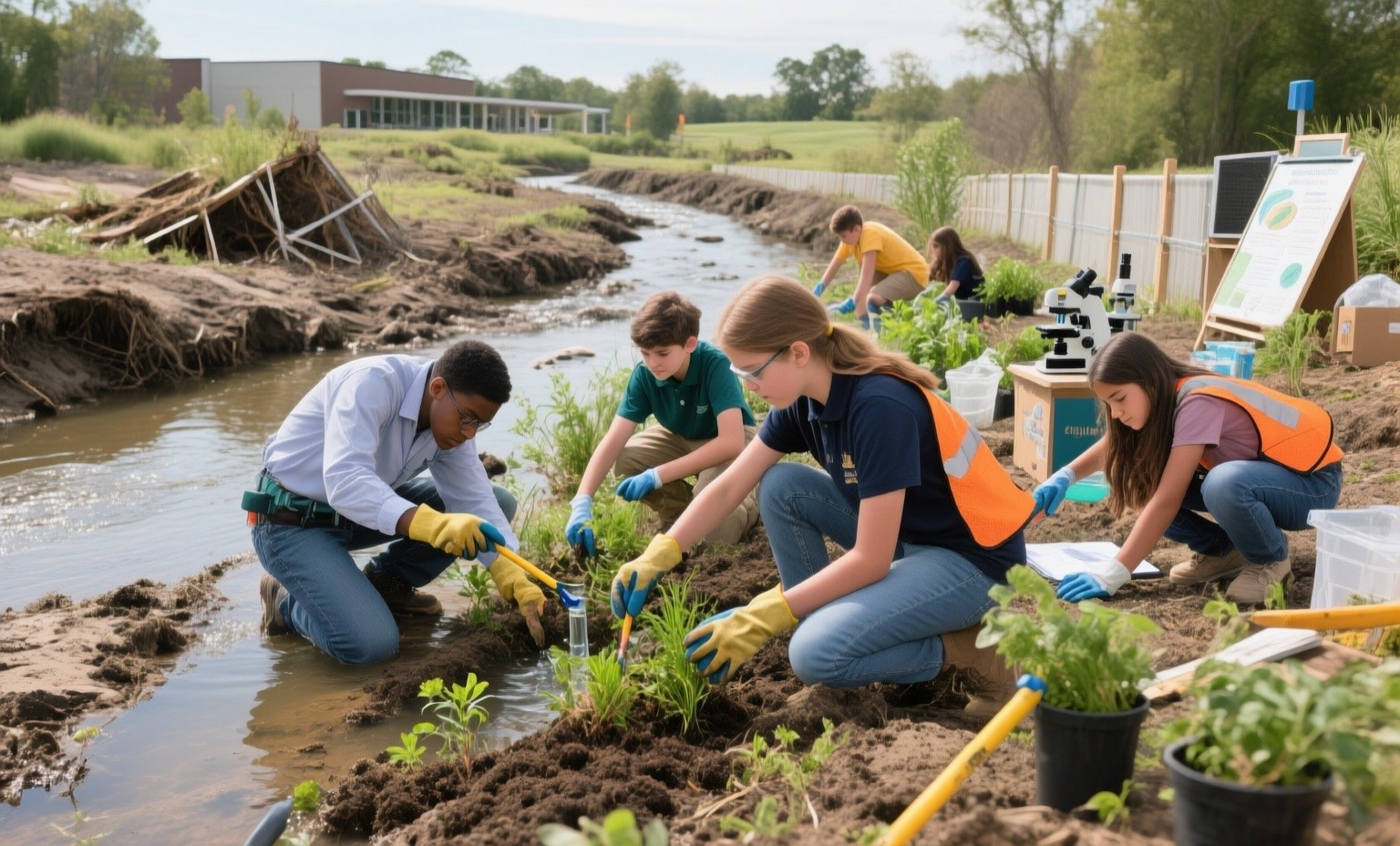
Community restoration projects: connecting classroom learning to real-world environmental healing
Imagine a group of middle school students kneeling in the muddy banks of a degraded stream, their hands covered in soil as they carefully place native sedges and rushes into the ground. Their science textbooks lie forgotten in their backpacks as they discover firsthand how root systems prevent erosion, how different plants create habitat for…
-
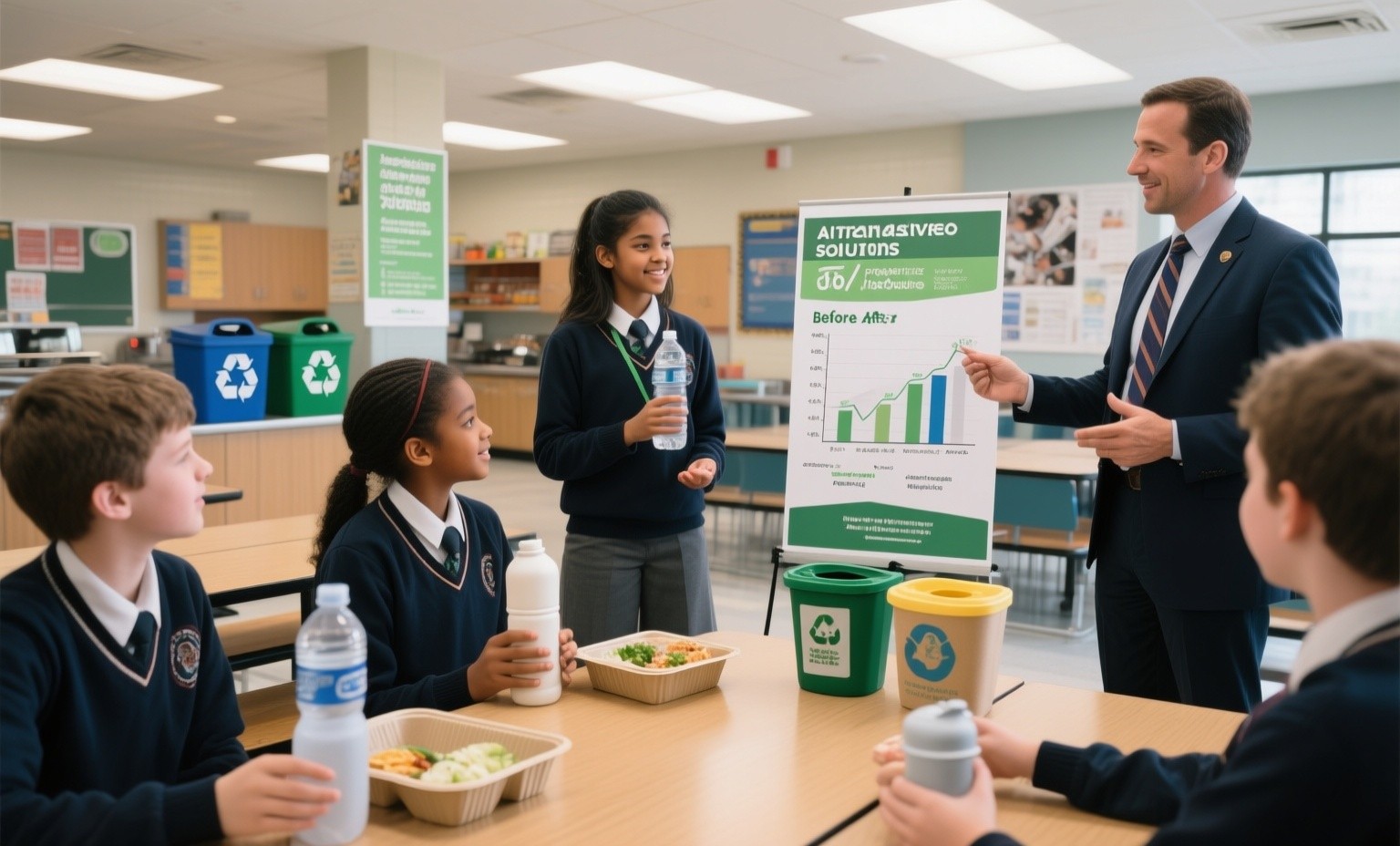
Plastic-free school challenges: how environmental campaigns teach leadership and systems thinking
Picture a group of high school students huddled around a table covered with spreadsheets, promotional materials, and timeline charts, their voices animated with both excitement and frustration as they debate strategy for their school’s plastic-free challenge. One student argues passionately for focusing on cafeteria changes while another insists they need administrative buy-in first. A third…
-
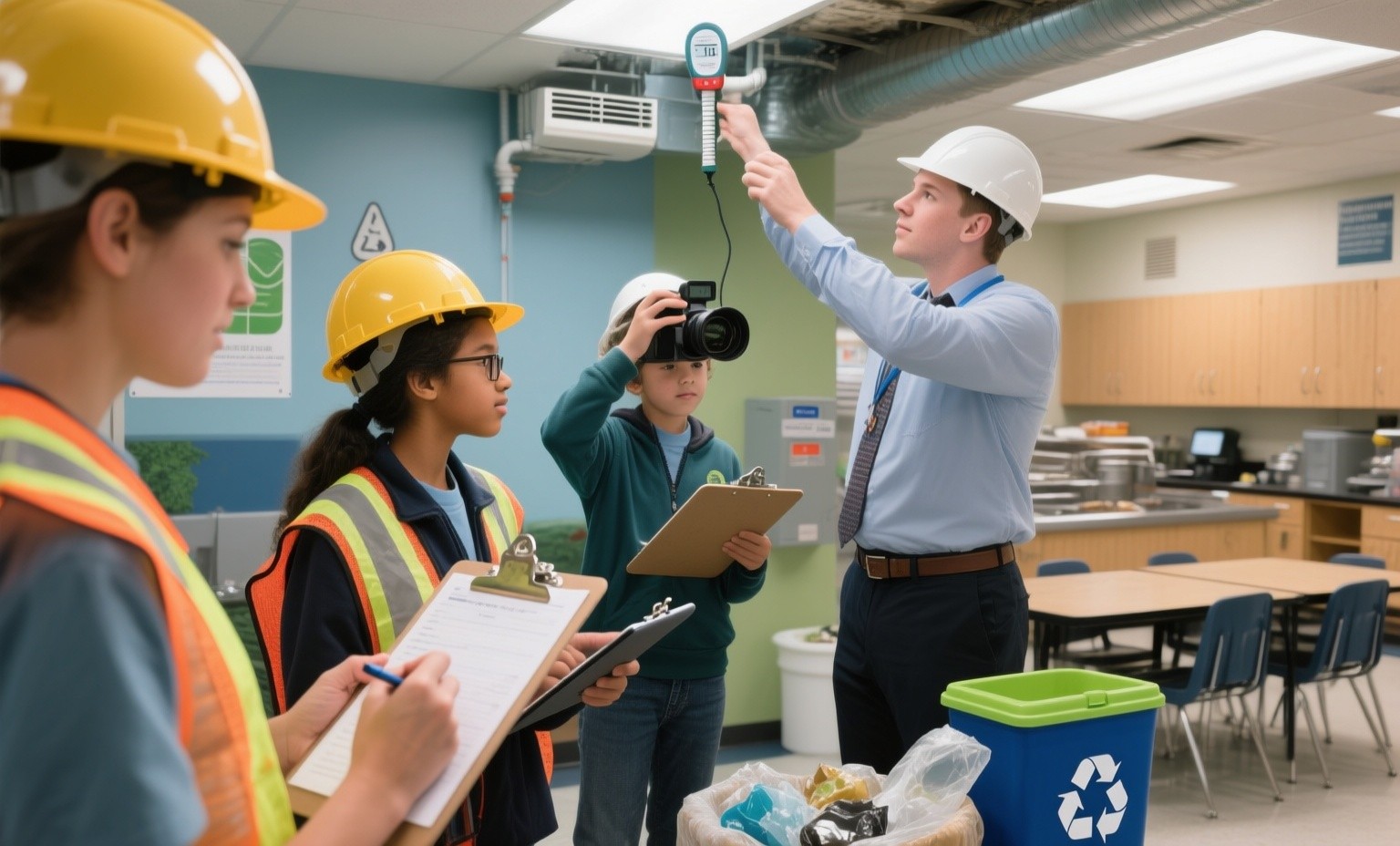
Student-led environmental audits: teaching research skills while improving school sustainability practices
Imagine walking into a high school science classroom where students are hunched over laptops, not completing worksheets or watching instructional videos, but analyzing real data they collected themselves about energy usage patterns in their school building. They are debating whether their sample sizes are adequate, questioning whether their measurement techniques might have introduced bias, and…
-
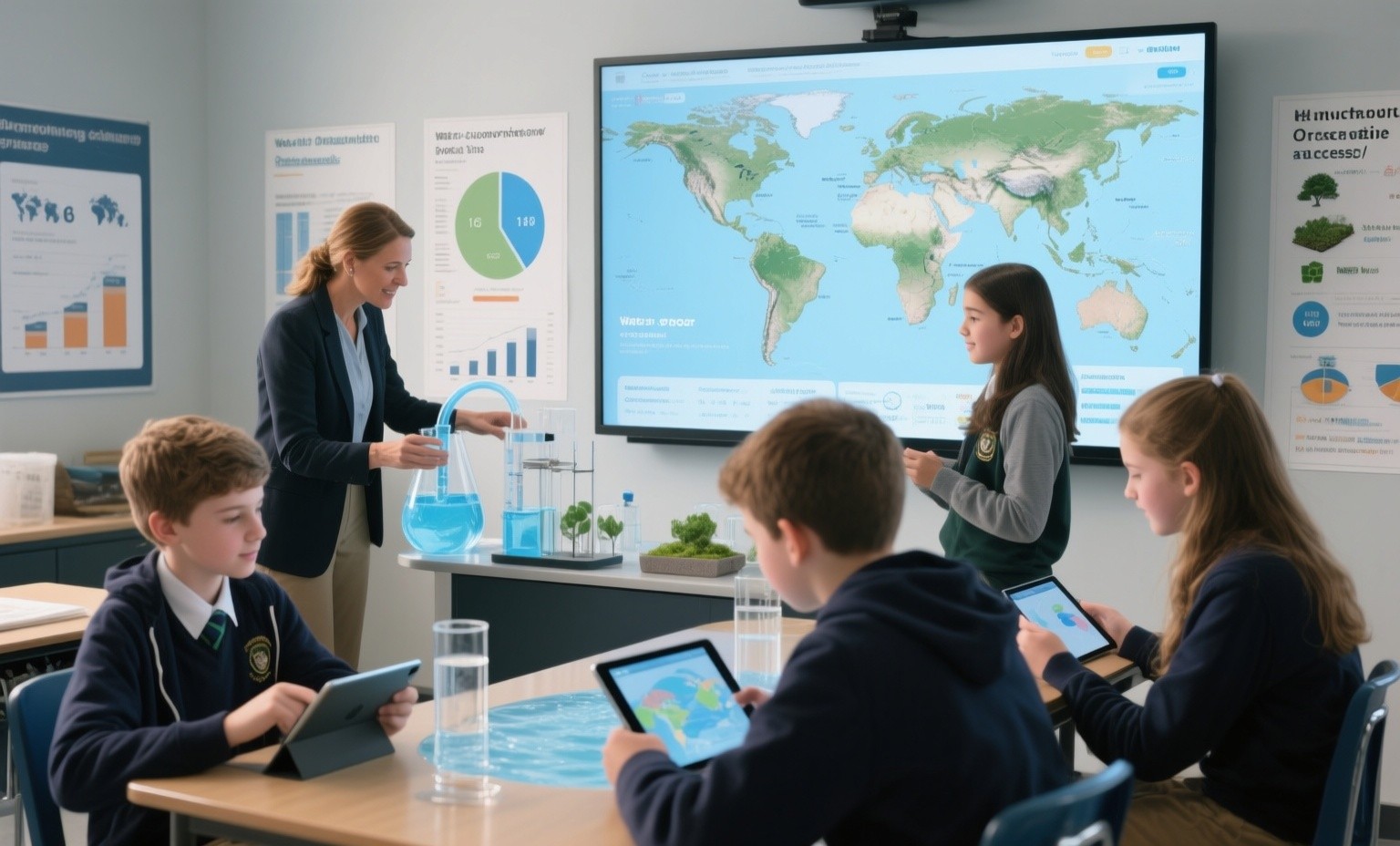
Global water crisis in the classroom: interactive learning about water scarcity and conservation solutions
Picture this scenario that plays out in classrooms worldwide: a teacher shows students statistics about global water scarcity, explains conservation techniques, and assigns projects about water-saving methods. Students complete the work, demonstrate understanding on tests, and then return home to take long showers and leave faucets running while brushing their teeth. Despite learning about water…
-
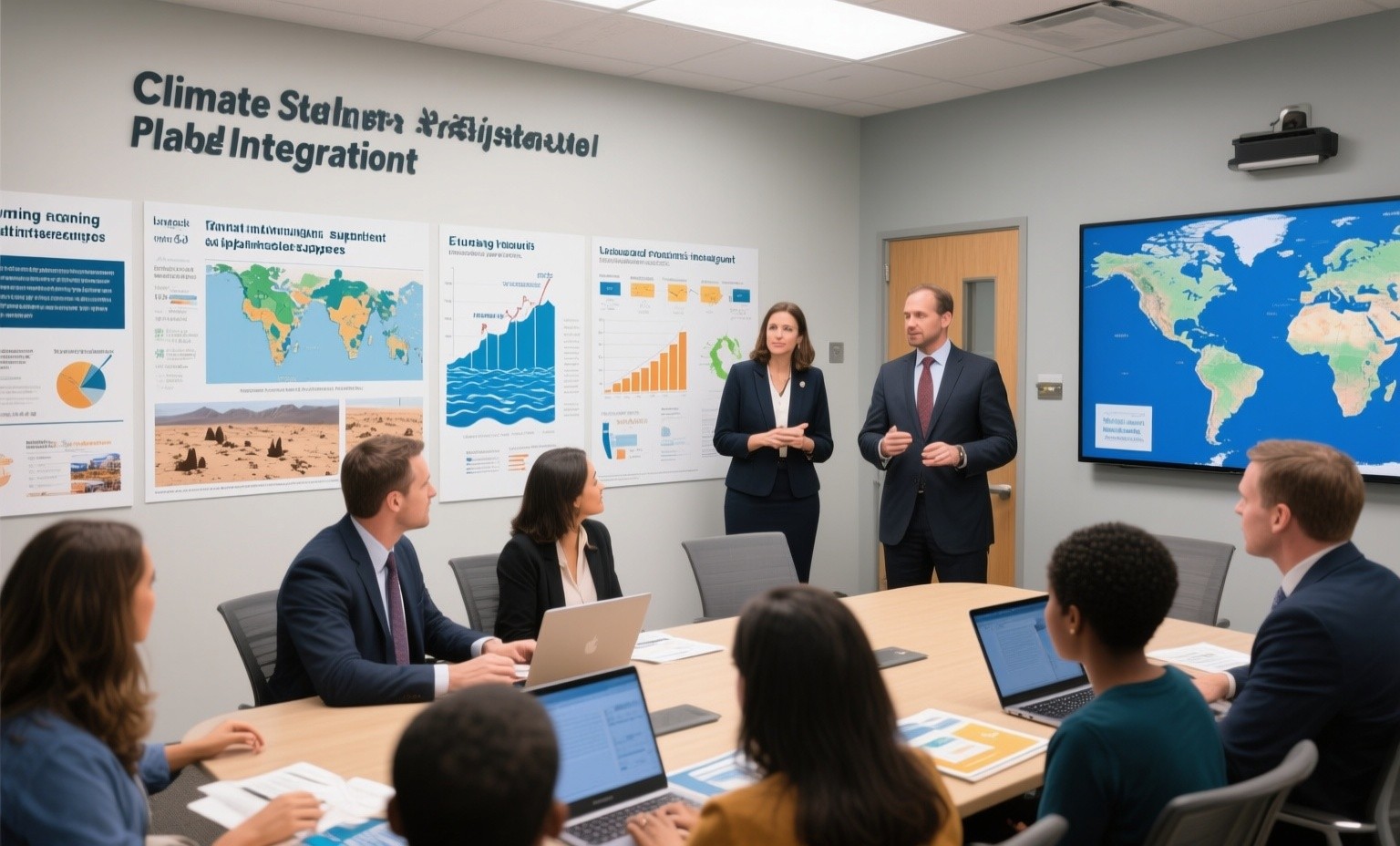
Climate migration and education: preparing schools for students displaced by environmental changes
Educational institutions worldwide are experiencing a fundamental shift that many administrators and teachers are only beginning to recognize. Students are arriving at school doors not just from traditional catchment areas, but from communities hundreds of miles away that have become uninhabitable due to flooding, drought, wildfires, or rising sea levels. These climate-displaced students bring unique…
-
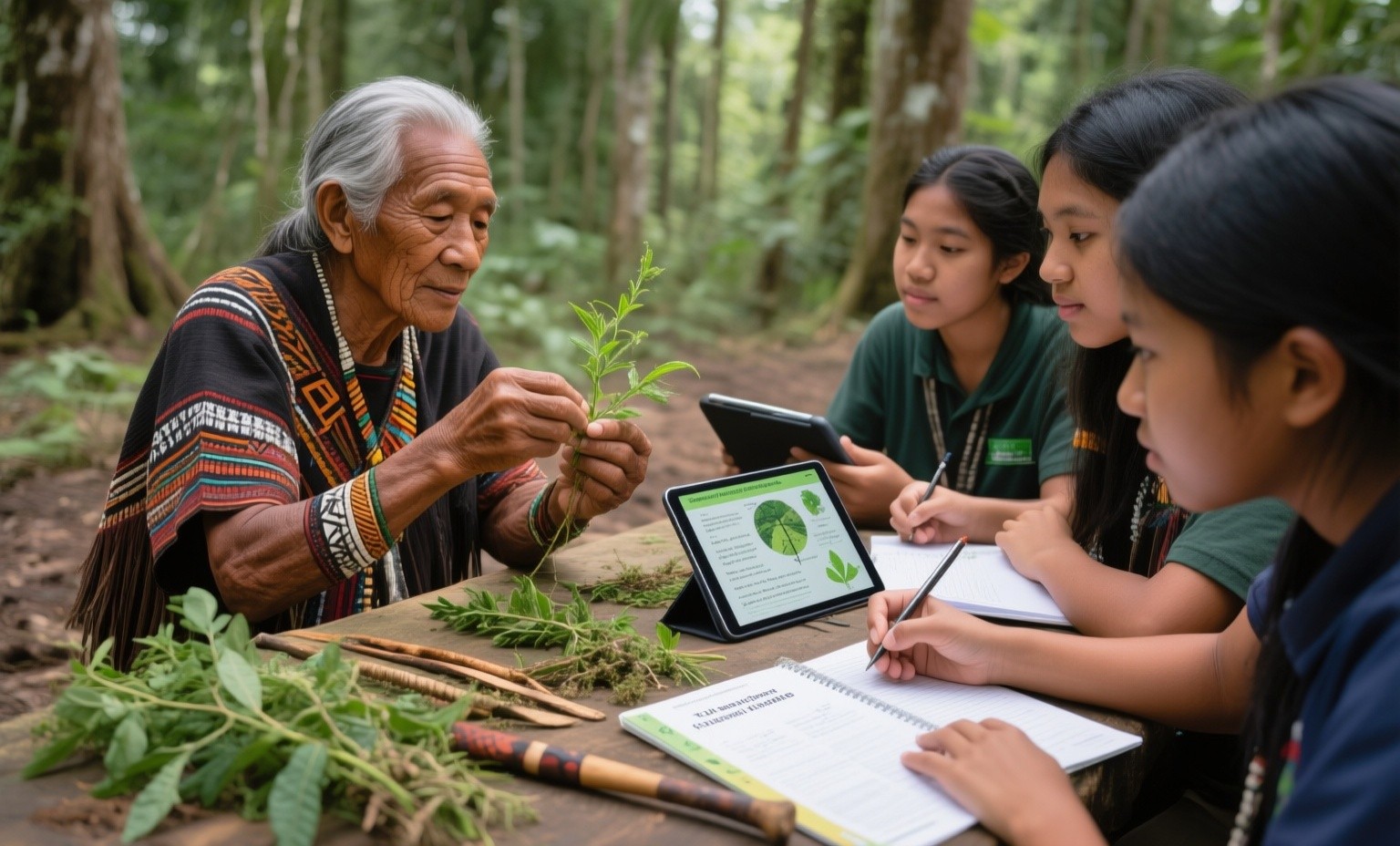
Rewiring student minds: the neuroscience revolution in environmental education through multicultural knowledge systems
Environmental science educators face a puzzling paradox that neuroscience research is beginning to illuminate. Students can memorize complex ecological concepts yet fail to develop genuine environmental stewardship behaviors. They pass standardized tests while remaining disconnected from natural systems around them. Meanwhile, emerging brain research reveals that learning through multiple cultural knowledge frameworks triggers entirely different…
Got any book recommendations?